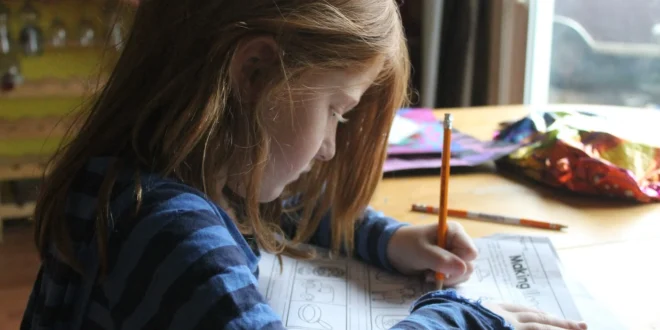We’ve all heard the less than flattering stereotypes that exist around homeschooling families: eccentrically insular, fanatically religious and let’s face it…a bit weird. Parents who choose to homeschool know that homeschooling set-ups come in all sorts of shapes and sizes, and so this clichéd perspective is often far from accurate. However, it’s no secret that homeschooling, as positive as it is for many, can be a difficult line to walk.
Choosing to educate your child outside the mainstream schooling system comes with many important decisions, which, if poorly negotiated, can have a number of undesired consequences for your child’s intellectual and social development. So watch out for these common homeschooling pitfalls in order to protect your child from ending up as “that homeschooler” and ensure they have a positive home education experience.
1. Educating in areas you lack knowledge

Choosing to homeschool does not mean you have to go it alone. Unless you are a fully qualified teacher, it is more than likely that you will lack the expertise necessary to cover every aspect of your child’s schooling yourself. Trying to bridge the gaps by providing substandard education in an unfamiliar area is guaranteed to fail in the long run.
Investing in the help of teaching professionals will help you cover all bases and ensure your child is receiving a thorough education in all domains. Many homeschooling parents believe that hiring a tutor means giving up control but this is far from the truth. Tutors specialize in bespoke teaching so you can work with your chosen tutor to formulate an ideal learning plan that covers everything you’re looking for.
2. Failing to socialize your child

The concern that comes up the most frequently about homeschooled children is that, as a result of not being around children of their own age every day at school, they will lack the social skills needed to thrive. This is by no means a foregone conclusion but it’s a danger that parents must take specific steps to avoid in order to ensure their child’s social abilities are developing correctly.
Clubs and group activities should be a consistent part of their routine, ideally on a daily basis. Settings like these are a great means of encouraging them to engage in the sort of group problem solving and team cooperation that other children will be exposed to at school. Plus they’re perfect for making friends.
3. Neglecting structure

Regimented structure and heavy timetabling are the name of the game within traditional schools, something that many homeschooling parents are keen to move away from as part of their own educational approach. However, it’s important not to go too far the other way. When all learning takes place at your kitchen table, it’s all too easy to give up on timetables entirely and lose any sense of structure within the teaching day.
Young minds need structure in order to build the discipline required to focus and engage in-depth with their work. You don’t have to implement excessive rigidity into your teaching approach, but incorporating a routine on a daily basis will help your child become a productive and self-sufficient learner.
4. Skipping assessments

Exams, along with timetables, might feature fairly high on the public enemy list of most homeschooling families, but this needs to change. Tests might be stressful, but there’s a reason schools rely so heavily on them.
Assessments (whether full-on exams or less formal tests) are a central component of students’ learning journey and vital for helping them consolidate what they have been studying. They are also a useful indicator of your child’s progress and will provide important signals on how to move forward with teaching. So as tempting as it may be to say ‘no thanks’ to testing your child on what they’ve learned, this isn’t an advisable route.
5. Failing to teach your child about other forms of education

If your child is homeschooled from the very beginning, they will likely go through their lives without ever seeing the inside of a classroom. This separates them from a fundamental aspect of most people’s youth. While this is not in itself a problem, it is important that homeschooled children are aware of the form of education they have not been exposed to, and the role that it plays in the lives of the majority.
Make sure you’re open and honest in answering any questions they may ask you about school, but don’t stop there. Encourage your child to speak to other children about their school experience, and expose them to representations of school on TV and film. If you’re confident in your homeschooling choice, mainstream schooling shouldn’t be taboo in your household.
 Hi Boox Popular Magazine 2024
Hi Boox Popular Magazine 2024



